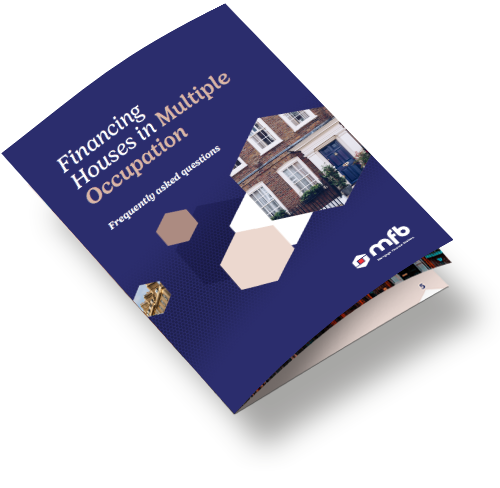It’s essential to stay up to date on the latest HMO legislation changes for your property portfolios. Below, we look at the upcoming changes affecting your properties and how you can prepare for them.
Houses in Multiple Occupations (HMOs) continue to be a fantastic investment opportunity for buy to let landlords. As demand for rental properties continues to rise, average rental yields for HMOs remain competitive, at 8.87% in Q1 and 8.57% in Q2 of 2024.
So, with many landlords looking to boost their current portfolios with this property type, what do you need to consider when it comes to HMOs?
HMO Legislation
The most important update for HMO landlords to be aware of is the changes to Council Tax regulations. Introduced in December 2023, the legislation was intended to simplify who pays council tax on HMOs, but unfortunately, it has only complicated matters further.
Disaggregation of HMO properties
A number of councils and local authorities had split up, or disaggregated, the council tax in HMO properties, meaning that individual rooms were banded, and each tenant/room was liable on a separate contract. However, the new legislation has meant those councils have had to re-aggregate, so the council tax is now liable on the property as a whole.
The reality is that when a single property contains both self-contained units and room lets, complications will arise, so it won’t be as straightforward for landlords to arrange as the government hopes.
Council tax responsibility
The new legislation also makes property ‘owners’ responsible for all HMO council tax. However, this is not as straightforward as making the landlord liable, as the ‘owner’ could be anyone with a material interest in the dwelling. Technically, all tenants with tenancy agreements of at least six months fall into this category.
In summary, where an HMO is let to all tenants on a single agreement, the tenants are liable for the council tax, and the landlord is responsible on a room-by-room basis. However, remember that you can still incorporate the added council tax charge into your tenants' rent, which will help you cover the extra costs.
Periodic tenancies
For many, HMO properties are a great way to become a student landlord. With the number of students going to university in the UK growing annually, it’s a fantastic market with plenty of investment opportunities for landlords to explore.
As part of the Conservative Renters’ Reform Bill, planned changes would have seen fixed-term tenancies move to periodic tenancies. Industry experts and landlords were concerned about what these changes would mean for the student market. Consequently, purpose-built student accommodation (PBSA) was exempt from changing to periodic tenancies.
Instead of extending this to all student lets, the Conservatives had promised a ‘new ground for possession’ to facilitate the yearly cohort of students accessing the much-needed stock of rental properties.
However, with Labour’s new Renters’ Rights Bill now unveiled, very little has been mentioned in the way of periodic tenancies, meaning landlords have once again been left in the dark as to what to expect from this area of the buy to let market. It will be interesting to see whether Labour will uphold this aspect of the Bill and, if so, what allowances they will make for student landlords to help keep the student market a desirable property investment opportunity.
HMO licensing and planning permission
Each council has different rules and regulations regarding licensing and planning permission for HMO properties, making it difficult for landlords to navigate. It’s essential to check the local council’s regulations when you look to invest, as this will allow you the time needed to apply for the correct license (if applicable).
For more on HMOs, download our guide here.
What next?
To discuss any HMO property finance plans you may have, or see what rates you could access, get in touch with our team of experts on 0345 345 6788 or submit an enquiry here.
